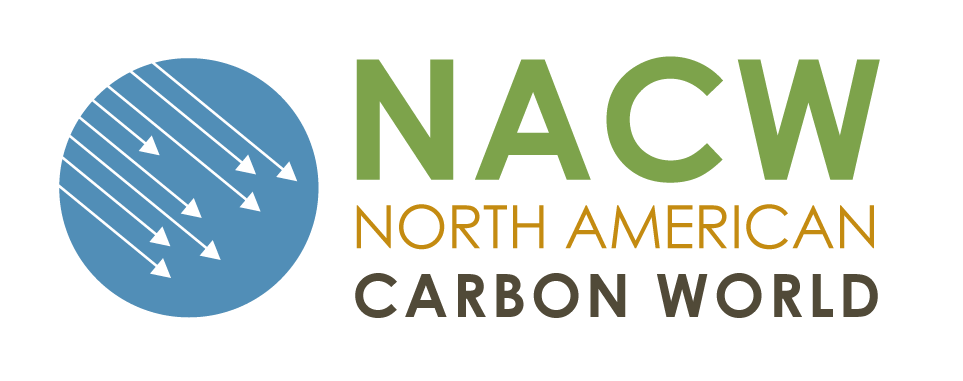Premier offset registry adopts two new protocols that will bring high quality offset credits from Mexico into the US carbon market
SACRAMENTO, CA – Making its first expansion into international carbon offset projects, the Climate Action Reserve adopted the Mexico Landfill Project Protocol version 1.0 and the Mexico Livestock Project Protocol version 1.0. The protocols, which are available for use now, provide new means for bringing international offset credits into the U.S. market and building the number of credits available in the current voluntary market and potentially in regulated markets. They also ensure these international offsets coming into U.S. markets pass the Big Five Test of being real, permanent, additional, verifiable and enforceable.
“There is tremendous potential for offset reduction projects in Mexico to play a very notable role in the American carbon market. The Climate Action Reserve’s Landfill and Livestock Project Protocols for Mexico represent a significant opportunity for Mexico to generate high quality offsets according to rigorous standards, thereby having a real effect on addressing climate change, and I am pleased they have been adopted,” said Adrián Fernández Bremauntz, President of the National Institute of Ecology (INE) in Mexico.
The protocols allow landfill and agriculture methane destruction projects in Mexican states to be registered with the Reserve, the premiere offset registry for the North American carbon market. They were developed in response to a Memorandum of Understanding (MOU) signed in August 2008 by the six Mexican border states, the State of California, Pacific Gas & Electric Company and the Climate Action Reserve. Under the MOU, the signatories agreed to work cooperatively to develop quantification and verification protocols for greenhouse gas (GHG) emission reduction projects in Mexico and that the Climate Action Reserve would develop protocols applicable to offset projects in Mexico.
Methane is over 21 times more destructive to the environment than carbon dioxide. Under the protocols, methane is captured and destroyed in practices that are additional to business as usual.
“Offset credits from international greenhouse gas reduction projects are going to be essential to the U.S. reaching its national climate change goals and mitigating climate change’s destructive and irreversible effects. It is critical that these offsets meet comprehensive standards for high quality, and that they do not falsely claim to reduce emissions. I am proud to see the Climate Action Reserve’s protocols for Mexican landfill and livestock projects establishing the early groundwork for this,” said Linda Adams, Chair of the Climate Action Reserve Board of Directors and Secretary of the California Environmental Protection Agency.





Comments are closed here.